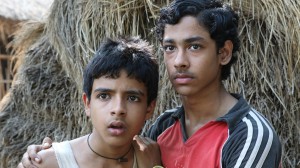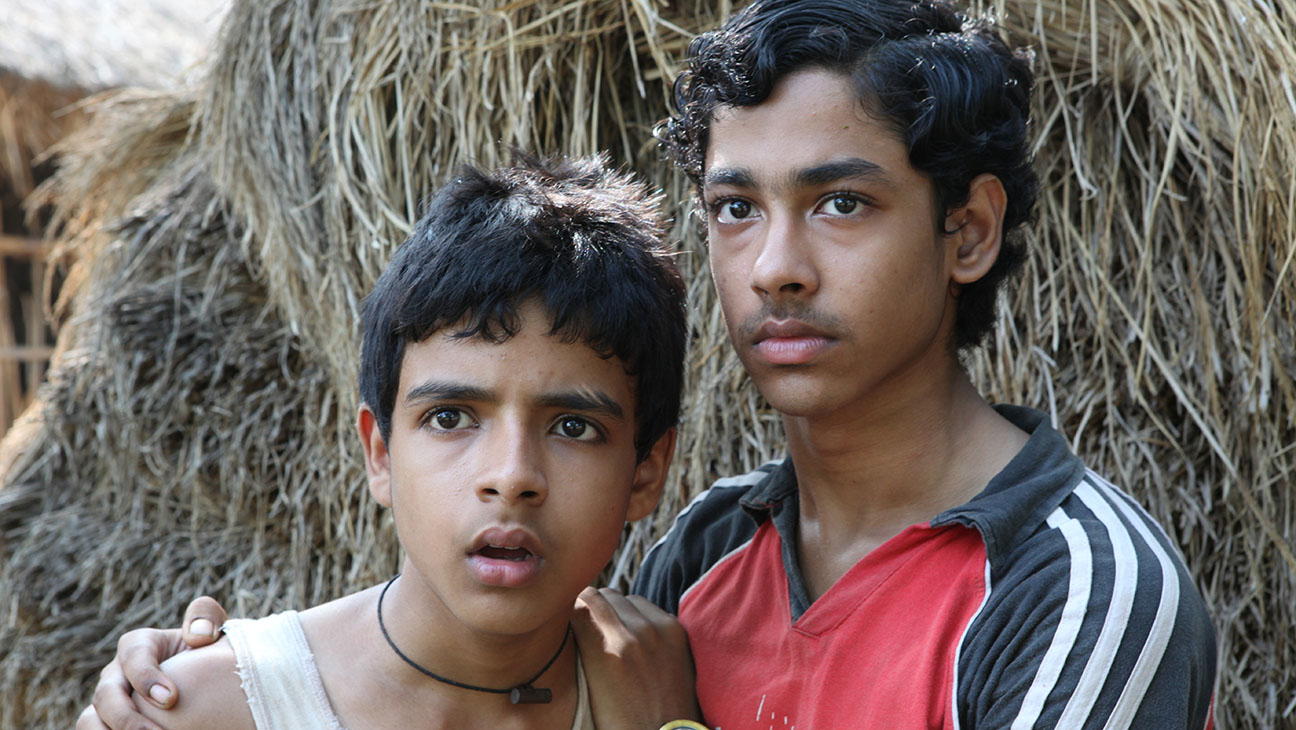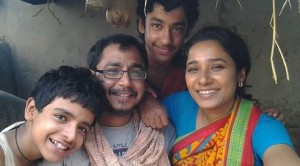Director: Bikas Mishra

The other day, a 20-year old black cricketer named Temba Bavuma scored his first test century for a struggling South African test side against England at Newlands. His captain Hashim Amla went on to remark emotionally that it is always more difficult for coloured folks like Bavuma and himself to make it big; first, they must prove they are here on merit, before they prove that they belong.
Bikas Mishra, the director of Chauranga, is a film critic (and the founder of popular website DearCinema.com) who has since crossed over to the other side. Given the record of critics-turned-filmmakers in recent years, Mishra must today feel a lot like Bavuma – a lone ranger with history and statistics against him – though his first effort suggests that he is somewhere between the raw young potential of Bavuma and the experienced, battle-hardened genius of Amla.
There’s a lot to admire, but little to love, about Mishra’s deliberately atmospheric, trope-filled debut. Based somewhere between the badlands of Bihar and the forgotten lands of oppression, his film explores a specific kind of rural social dichotomy. But by the end, it does feel like something uneasy has been communicated. It’s hard to point out if this is down to the scattered, overcrowded narrative or the film’s underlying tone of discomfort and brutality.
The title refers to a pen with four colours of ink, one of which is used to write an adolescent love letter. It contains the emotions of an infatuated, illiterate Dalit boy (Soham Maitra; very competent) given form by the ‘filmy’ words written by his educated older brother (Riddhi Sen). Not surprisingly, Salman Khan and his moving pictures are the driving forces behind this letter; this is a world that, despite its rare bouts of literacy and common sense, still chooses to communicate through mainstream Bollywood’s manly, reverberating dialogues of stilted bravado – primarily because it’s the only escape they’ve ever seen.
The boy is restless; he spends most of his mornings on a jamun tree watching the love of his life ride by on her scooter, and nights by the side of a shack spying on a blind, perverse Pandit (Dhritimann Chatterjee). As with most star-crossed tales, he is besotted by the young daughter (Ena Saha) of the wealthy village big-shot (Sanjay Suri), who, in between secret steamy sessions with the boy’s mother (Tannishtha Chatterjee), promises to send him to school one day.
In many ways, this village feels like the artificial make-believe one in M. Night Shyamalan’s ‘The Village’ – where only the elder folks are aware of this outdated world, but do nothing about it only to maintain existence, and their dwindling population. The camera trembles, unsteady like the moral compass of characters in play. Sound designer Arun Nambiar’s remarkable understanding of space lends them a hollow, claustrophobic landscape – which they navigate as if they’re always being watched. Long stretches of silence, and plenty of wordless glares, make this more of a moody ‘feel’ film than a multi-faceted drama. It forever feels like doom, death and bad luck lurk just around the corner. Only the brother’s eyes shine with hope, perhaps because he is only visiting from his hotel in the city.
Tannishtha charms as the woman torn between her sons’ futures and the village’s blinding patriarchy. On one hand, she fends off the lewd advances of an omnipresent sidekick with world weary spunk – something on the lines of how she had once washed his ‘man parts’ when he was a baby. On the other, she spends sweaty nights sprawled under Suri in haystacks – forever in remorseful gratitude for educating her son.
However, in his quest to shine a quiet light on the many faces of class disparities, he gets greedy with his storytelling. He overpopulates the film with littler parallel tracks; they’re perhaps all relevant and even interesting in their own independent ways, but just deserve separate films.
The priest and his paranoia, random shots of a poisonous snake (who will matter at some point), a brutalized pig, Suri’s disillusioned wife (Arpita Chatterjee; eerie resemblance to Tisca Chopra), the boy’s constant spying on someone or the other, the purification of a ‘sullied’ well – all ongoing arcs that aren’t given complete justice. As offshoots, they’re not placed very well in sequences, often serving as unwelcome guests at a funeral, or maybe there’s simply too much to digest. Thankfully, that little letter disrupts the monotony of tyranny. It leads to a synthetic outbreak of urgency, which is perhaps what dark hinterland sagas thrive on.
A slate with Dalit statistics at the end somewhat diminishes the film’s artistic relevance. In an environment where ‘untouchables’ reluctantly co-exist with their oppressors, numbers don’t begin to tell the story. Charunga isn’t hard-hitting that way; it maintains an odd distance because of how its parts quarrel to form a whole. I only walk out with a vague sense of what it must feel to be shaken.
Hopefully, Bikas Mishra’s is a throaty voice that will perhaps bloom into a full-on scream in the coming years. For now, he will be known as a rare writer about films that has gone on to write a very decent film. He has proven that he belongs. Now, to become the sole captain of his own vision.
(Chauranga won the Golden Gateaway award (India Gold) at the 2014 Mumbai Film Festival, Grand Jury Prize at IFFLA 2015, and was part of the 2010 NFDC Scriptwriters’ Lab)






Leave A Comment
You must be logged in to post a comment.